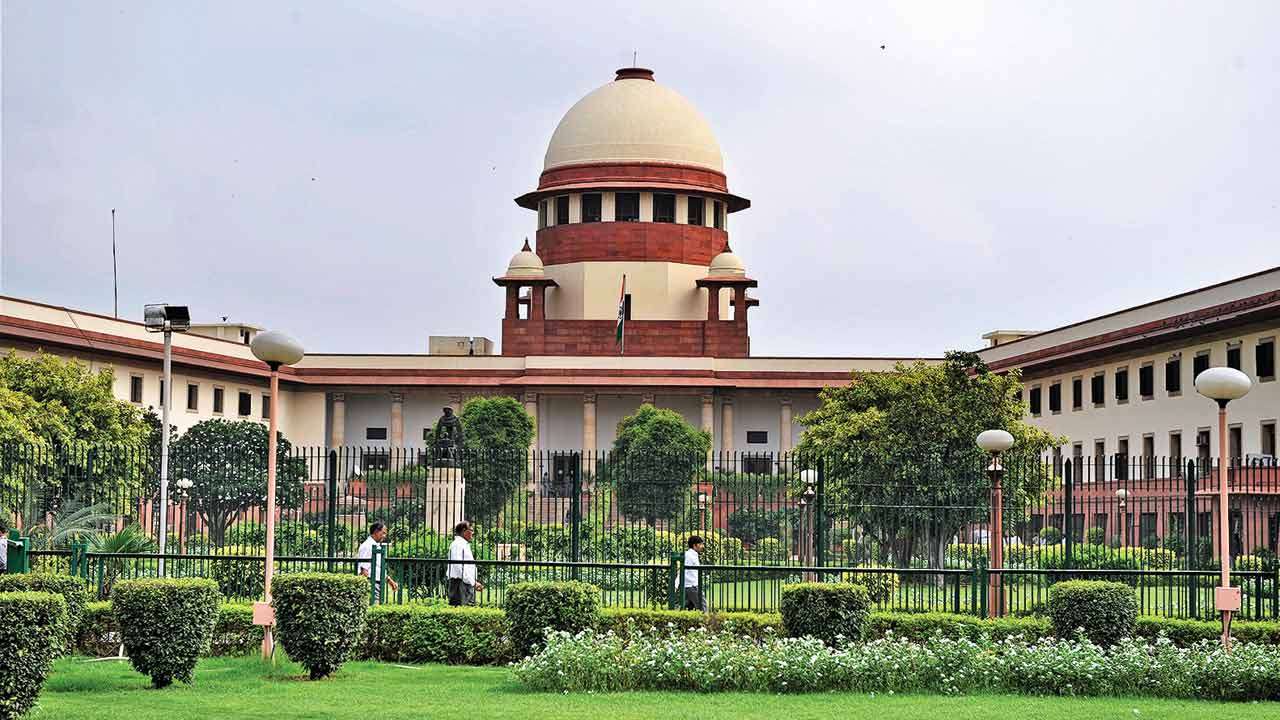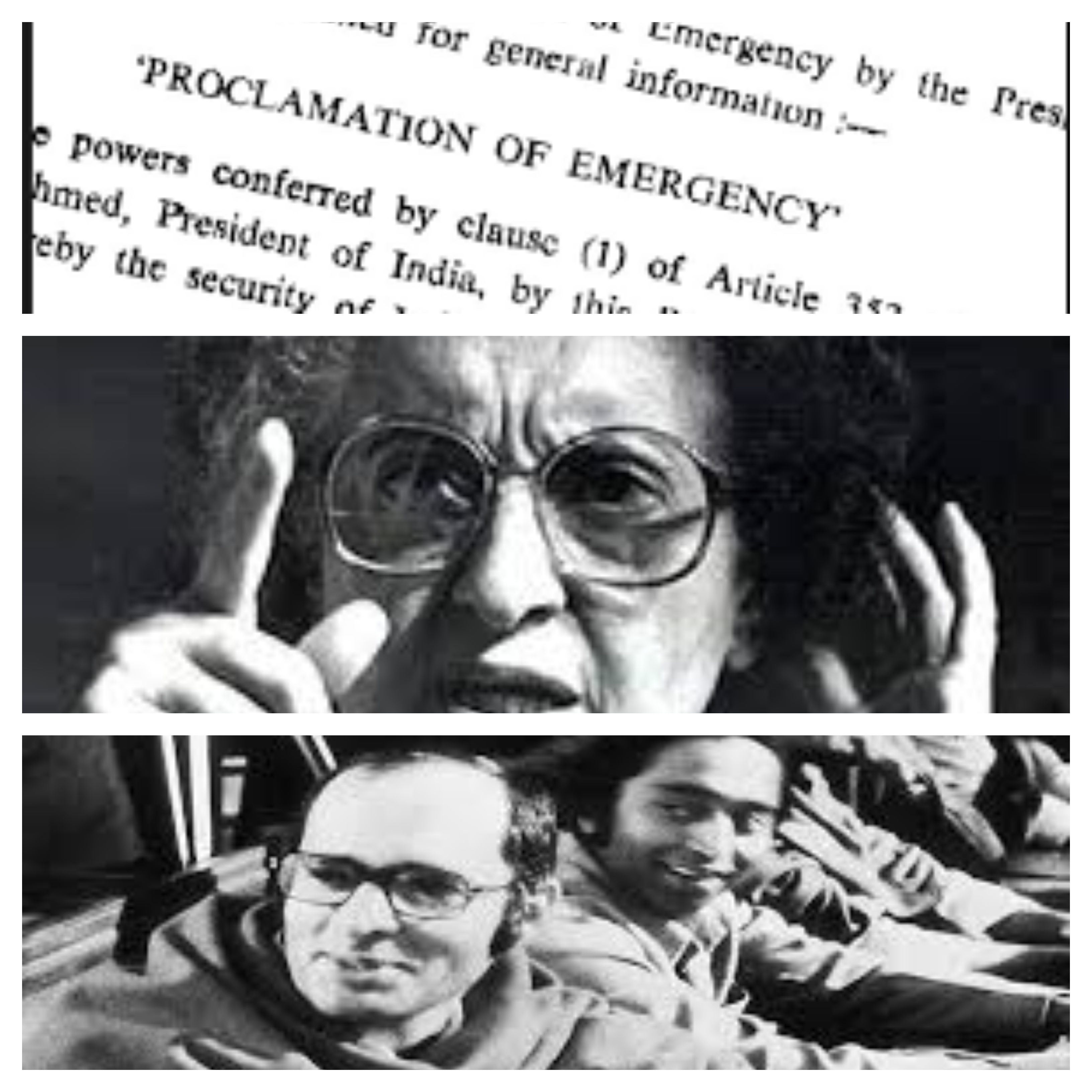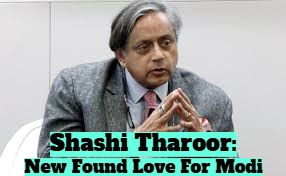

By Linus Garg
First publised on 2024-01-21 07:54:30
The Intelligence Fusion & Strategic Ops (IFSO) unit of Delhi Police, after a three-month-long probe, successfully cracked the Rashmika Mandhana deepfake case by zeroing-in on the suspect, a BTech graduate in Guntur in Andhra Pradesh.
The suspect, Eemani Naveen, is a picture and video editing expert who allegedly operated fan pages of three film stars, including Mandhana. When questioned about his motives in making and uploading the deppfake of Mandhana, Naveen is alleged to have said that he wanted to increase his followers on social media and thought the act was 'harmless' and fun. He was not aware that this was a criminal act.
It is distressing to note that even educated people are not aware that representing a person in a different way by playing around with their pictures or videos is a crime. They seem to think that with their expertise, they can make changes in such pictures and videos and upload them as if they are originals representing the person. Deepfakes pose a serious threat to the privacy of a person and damage their reputation and they also spread false information that seems true. In the deepfake of Mandhana, she never visited the place, never entered the elevator and never wore the clothes as put out in the video that went viral. To invade the privacy of a person and damage their reputation just to get more likes and subscriptions is something illegal and unethical.
After Mandhana's deepfake, another one of Sachin Tendulkar went viral on social media. This might have serious consequences going ahead as there are many 'experts' who can do such things and with generative AI now making things easier, people who are not experts can also indulge in such antics. The government must enact a specific and stringent law to deter people from making and uploading deepfakes and punish those who violate the law. In the meantime, people like Naveen should be punished under Section 66E & 66D of the IT Act as well as various provisions in the IPC.











